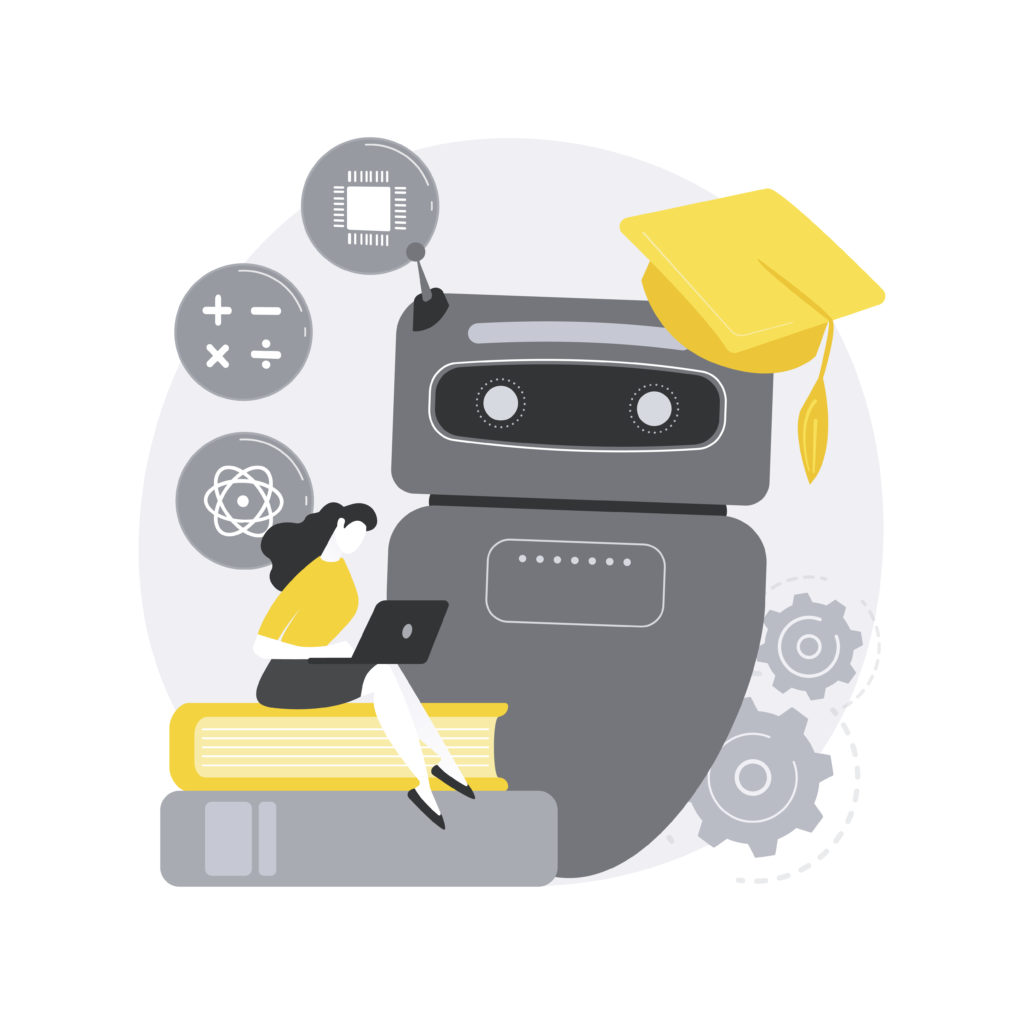AI in Higher Education: Preparing Students for the Jobs of Tomorrow
As artificial intelligence (AI) continues to reshape industries worldwide, higher education institutions (HEIs) face an essential question: how can they prepare students not only to understand AI, but also to use it responsibly in their future careers? The INFINITE project emphasises helping students develop AI literacy and resilience, ensuring that they enter the job market as confident professionals who know how to work with AI rather than be replaced or misled by it.
AI as a Career Companion, Not a Replacement
AI is already transforming multiple fields of work. In marketing, students will need to know how to use AI-driven tools for consumer analysis, targeted campaigns, and content generation, while still relying on human creativity and strategy to connect with audiences. In business and finance, AI is central to data analysis, risk assessment, and predictive modelling, but decision-making, negotiation, and leadership remain distinctly human skills. In education, AI can support personalised learning and automated assessment, but teachers’ empathy, adaptability, and mentorship cannot be replicated. Similarly, in healthcare, AI can assist with diagnostics and data management, but ethical care and patient trust depend on human judgment.
These examples show that AI will be a powerful partner in the workplace, but success will depend on whether students can balance technical know-how with human-centred skills.
Building AI Literacy for Future Workplaces
To thrive in the AI-driven job market, students must become AI literate. This means understanding what AI can and cannot do, questioning the outputs it affects, and using it in ways that improve—not replace—its learning and professional growth. HEIs play a crucial role in this journey by embedding AI literacy across different programs and faculties.
Some practical steps for students include:
- Using AI for research, brainstorming, and feedback, while critically evaluating results.
- Developing skills that AI cannot replicate, such as critical thinking, creativity, and emotional intelligence.
- Staying informed about the ethical implications of AI, especially concerning data privacy, fairness, and bias.
- Treating AI as a toolbox for productivity and problem-solving, not as a shortcut that undermines learning.
AI in the Future Job Market
Employers increasingly expect graduates to be comfortable with AI-powered systems. In marketing and communications, companies already seek professionals who can manage AI-based campaigns. In engineering and technology, AI literacy is becoming a requirement for innovation and design. Even in law and public administration, AI tools are used for document analysis, compliance monitoring, and citizen services.
By acquiring these competencies during their studies, students will not only increase their employability but also gain the ability to shape how AI is used in their professions. Rather than fearing automation, they will be prepared to lead with responsibility, ensuring that AI adoption in the workplace remains fair, transparent, and human-focused.
Moving Forward
For higher education, the challenge is twofold: to equip students with the technical understanding of AI tools and to infuse the values that support responsible use. The INFINITE project addresses this by promoting AI literacy, offering toolkits, training, and reflective practices that encourage students to see AI as a companion in their professional journey.
AI will undoubtedly be part of every student’s career — from marketing to business, education to healthcare, law to engineering. The question is not whether they will use it, but how. By preparing today’s students to use AI wisely, HEIs can ensure that the next generation of professionals enter the workforce ready to collaborate with technology for the greater good.
For more information on AI in HE and the INFINITE project, stay tuned for our upcoming news and results on how to integrate AI in academic and teaching practices effectively!

